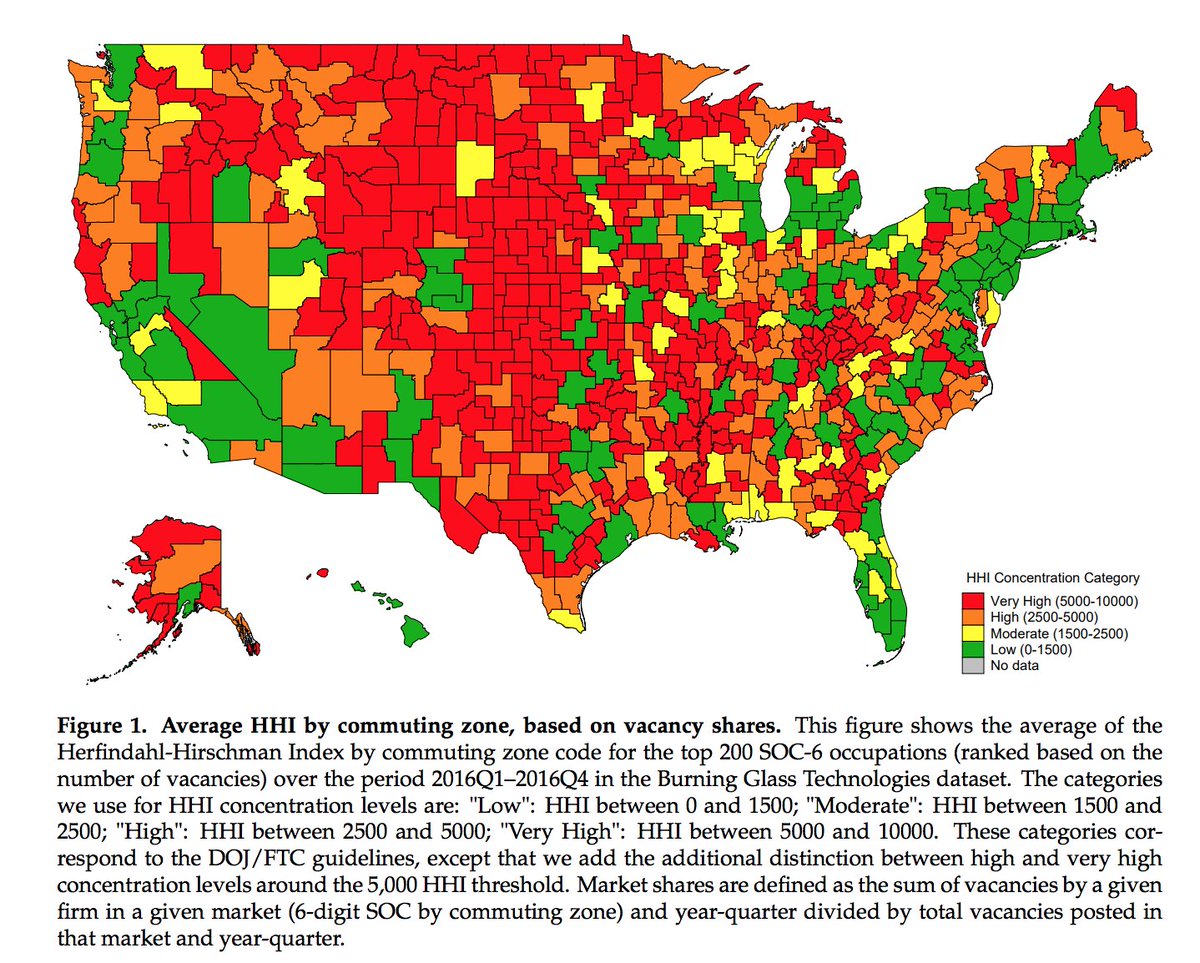I've been thinking the last few months about some of the benefits of scale. There are obvious costs that often seem to get more attention (monopoly, high modernist mistakes a la Scott, "congestion" of various kinds). But I think there are a number of big benefits:
1. As you get bigger, the benefits for a given % efficiency gain are worth paying way higher fixed costs for. E.g., for Google, eking out super marginal gains in server energy efficiency becomes worth it: https://blog.google/outreach-initiatives/sustainability/data-centers-energy-efficient/.
2. Standard economies of scale (which I think #1 also contributes to), where bigger plants can run more efficiently and produce more output more cheaply. This seems like a lot of the story on declining solar ( https://news.mit.edu/2018/explaining-dropping-solar-cost-1120) and battery ( https://cleantechnica.com/2018/09/30/economies-of-scale-from-the-tesla-gigafactory-to-a-chain-of-terrafactories/) costs.
3. Better matching. This seems more true within cities than firms, but thick labor (and dating and friend) "markets" mean people can sort into better personal fits. This pops out of the monopsony papers which find it's a way bigger problem in rural areas:
https://papers.ssrn.com/sol3/papers.cfm?abstract_id=3133344
https://papers.ssrn.com/sol3/papers.cfm?abstract_id=3133344
4. Can take bigger risks. VC firms may only have a dozen or two investments in a fund. If you have 10 lottery tickets that will 100x with 1.1%, 3%, 5% prob or go to 0, those are all +EV but you have a ~90%, ~75%, ~60% prob of 0. With 100 lottery tickets, it goes to 33%, 5%, .5%.
A lot of these examples that come to mind for me are from software businesses, which are pretty intrinsically "legible" and may be structurally more capable of realizing the benefits from scale.
For instance, @stripe seems to be a font of examples of this stuff: their whole pitch on checkout pages is basically "we built this with insane attention to nitty gritty detail and optimization so individual retailers don't have to": https://stripe.com/blog/checkout
More examples from @patio11: https://twitter.com/patio11/status/1315452937129226241?s=27 and @patrickc: https://twitter.com/patrickc/status/1329105655265861632
Another example that comes to mind for me is Google Maps. They have so many users, it would be absolutely "worth it" to make small tweaks, e.g., to know what cars people drive and optimize routes specifically to save gas, or make minor routing improvements to save travel time.
But that maybe starts to get to the limits/costs of scale: if Google Maps is run at a loss to maintain a monopoly, or just isn't worth the internal Google resources/attention, maybe they don't bother to make those theoretically worthwhile investments.
Anyway, I would be interested in reading more about the economics of these questions, especially how economies and diseconomies grow with size in different industries/contexts. Let me know if you have any good reading recs!

 Read on Twitter
Read on Twitter


